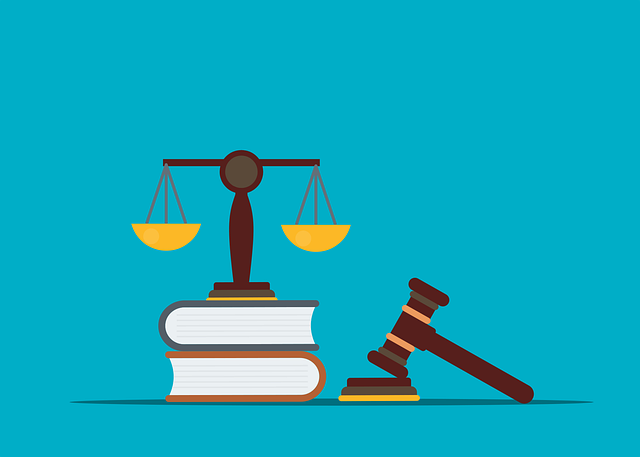Bicycle accidents causing head injuries can present immediate symptoms like headaches and dizziness requiring urgent medical attention. Delayed symptoms, such as memory loss or sensitivity to light, may emerge days later, impacting daily life and legal claims. Timely diagnosis is crucial for managing long-term effects, personal injury claims, and securing compensation for victims, especially in cases of severe impairment or wrongful death. Prompt care and legal guidance are essential to navigate complexities and secure the best outcome.
A bicycle accident can cause more than just visible scrapes; it may result in a serious head injury with symptoms that aren’t always immediate. Understanding the signs of a bicycle accident head injury and how they can manifest differently over time is crucial for rider safety. This article explores both immediate and delayed symptoms, common physical and cognitive impairments, and provides guidance on when to seek medical attention after a cycling mishap.
- Immediate vs Delayed Symptoms
- Common Physical and Cognitive Impairments
- When to Seek Medical Attention
Immediate vs Delayed Symptoms

Symptoms of a bicycle accident head injury can present immediately or emerge later, sometimes even after days or weeks have passed. Immediate symptoms include headache, dizziness, nausea, and blurred vision—classic signs that warrant immediate medical attention. However, what might seem like a milder incident could result in more subtle yet severe delayed symptoms. These can include memory loss, confusion, sensitivity to light and sound, sleep disturbances, and even changes in personality or mood. Recognizing these distinctions is crucial for proper treatment and managing potential long-term effects.
Understanding the timeline of symptoms is particularly important when considering personal injury claims related to bicycle accidents, especially those involving head injuries. While some signs may be apparent right away, others could indicate a more complex scenario, potentially leading to discussions about wrongful death or commercial disputes if severe or prolonged impairment occurs. Timely diagnosis and documentation of these symptoms are essential for successful personal injury claims.
Common Physical and Cognitive Impairments

After a bicycle accident involving a head injury, victims often experience a range of physical and cognitive impairments that can significantly impact their daily lives. Common symptoms include severe headaches, dizziness, nausea, and blurred vision, which may persist or worsen over time if left untreated. These initial symptoms are frequently accompanied by more subtle yet profound cognitive challenges. Victims might struggle with memory, concentration, and decision-making abilities, finding it hard to perform tasks that were once routine. This decline in cognitive function can affect work performance, academic pursuits, and even simple activities like managing finances or caring for oneself.
The effects of a bicycle accident head injury extend beyond physical and mental capabilities, potentially leading to partnerships disputes or breach of contract situations if the victim’s ability to handle responsibilities changes dramatically. In real estate litigation cases, where individuals are involved in both personal injuries and property-related conflicts, the aftermath of such an accident can complicate matters further. As victims navigate their recovery, it becomes crucial to seek medical attention and legal guidance promptly to mitigate these challenges and ensure the best possible outcome.
When to Seek Medical Attention

If you’ve experienced a bicycle accident resulting in a head injury, it’s crucial to recognize when your symptoms are not improving or even worsening. This is a clear sign that immediate medical attention is necessary. A bicycle accident head injury can manifest with various symptoms, and what might seem like a mild concern initially could indicate a more severe underlying issue. For instance, persistent headaches, dizziness, nausea, blurred vision, or confusion are not typical signs of a minor bump and may require professional assessment.
Worsening symptoms suggest brain injury severity and could be a red flag for conditions such as traumatic brain injuries (TBI). Time is of the essence; seeking prompt medical care can help in managing symptoms, preventing further damage, and ensuring appropriate treatment. Remember, whether it’s a slip and fall or a more severe accident, if your head injury symptoms are escalating, don’t hesitate to contact healthcare professionals who specialize in such cases, especially considering the potential implications for your employment disputes or product liability claims later on.
A bicycle accident can result in a head injury that presents with immediate or delayed symptoms. Understanding the common physical and cognitive impairments associated with these injuries is crucial for recognizing when medical attention is necessary. If you experience worsening symptoms, such as severe headaches, nausea, dizziness, or cognitive issues like confusion or memory loss, it’s essential to seek prompt care. Timely treatment can significantly impact recovery outcomes for a bicycle accident head injury.






